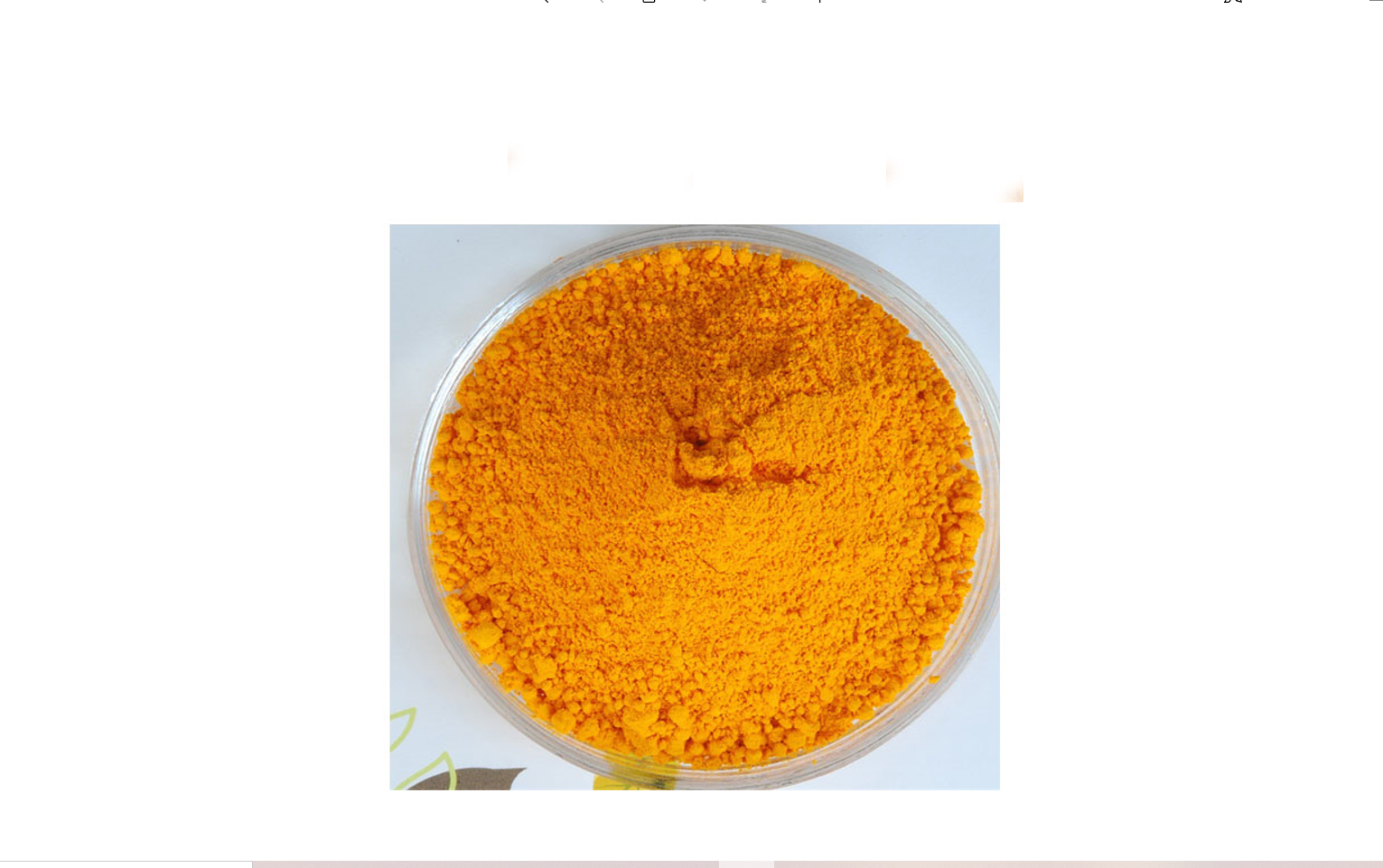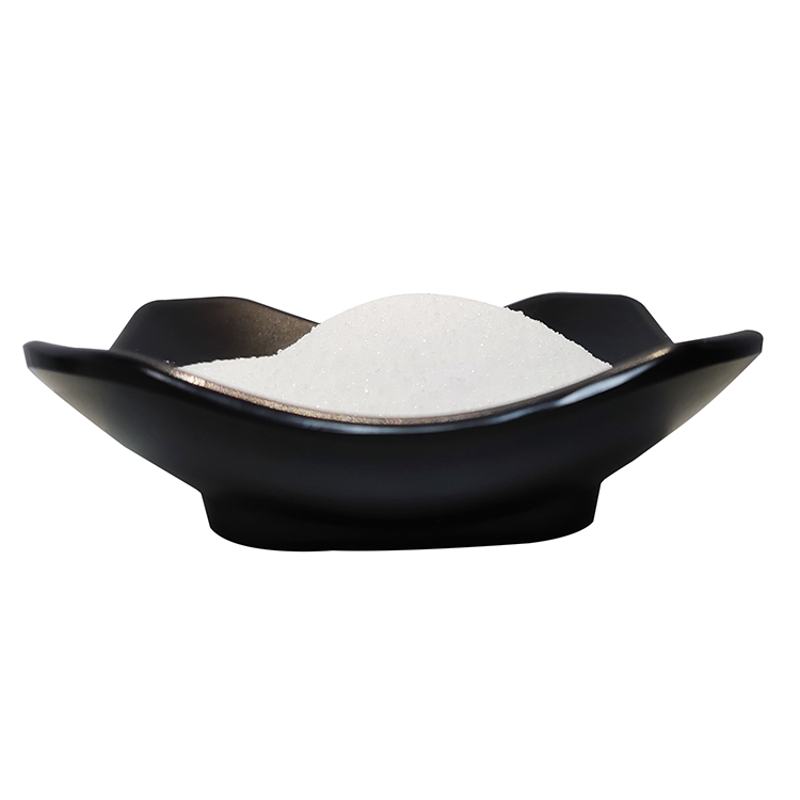-
Categories
-
Pharmaceutical Intermediates
-
Active Pharmaceutical Ingredients
-
Food Additives
- Industrial Coatings
- Agrochemicals
- Dyes and Pigments
- Surfactant
- Flavors and Fragrances
- Chemical Reagents
- Catalyst and Auxiliary
- Natural Products
- Inorganic Chemistry
-
Organic Chemistry
-
Biochemical Engineering
- Analytical Chemistry
-
Cosmetic Ingredient
- Water Treatment Chemical
-
Pharmaceutical Intermediates
Promotion
ECHEMI Mall
Wholesale
Weekly Price
Exhibition
News
-
Trade Service
"Chew slowly when eating" is a health rule
that many people know but can't.
The fast-paced life makes sitting down for a serious meal "less accustomed"
.
Although this improves the "efficiency" of eating, it buries many hidden dangers
.
We all know that eating too fast is not good for the stomach, but I don't know that gobbling up is far more harmful to the body
.
Swallowing jujubes does not only suffer from stomach digestion of food, especially starch, which begins in the mouth
.
The saliva produced during chewing contains amylase, which can initially break down
carbohydrates in food.
Chewing slowly allows food to stay in the mouth for a longer time, finely grinds the food, and increases the secretion of saliva, so that the ground food and saliva are fully mixed
.
The process of chewing also stimulates the brain to send signals to the gastrointestinal tract to increase the secretion of gastric juice and other digestive gland fluids, preparing
food for full absorption after entering the gastrointestinal tract.
On the contrary, if you gobble up food, the food is not fully chewed, the larger volume of food will produce strong mechanical stimulation of the digestive tract, easy to damage the surface mucosa, produce chronic inflammation, and even become cancerous over time
.
Foods that have not been ground sufficiently enter the stomach, and all carbohydrates, proteins, and fats such as starch and plant fiber are still mixed together, requiring stronger and longer peristalsis of the stomach to disperse
them.
But this should be the work of teeth, let the stomach "overtime" every day, it will naturally make trouble with the body, small stomach pain, large ulcers, then it is too late
to regret.
And these foods that are not completely ground require more digestive enzymes to break down digestion, which in turn increases the workload
of organs such as the pancreas, which secrete digestive enzymes.
"Grabbing food" hurts emotions and affects endocrine From another point of view, eating is originally a very pleasant behavior, if the speed of eating is particularly fast, it is easy to produce a feeling
of "grabbing" in the heart.
Just like several children eating together, often eating quickly and more, this is not a good phenomenon
.
Because mood fluctuations affect the level of hormone secretion in the body and the work of various digestive organs, the result is indigestion
.
Many young white-collar workers suffer from gastrointestinal diseases, and I am afraid that the follow-up speed of eating too quickly has a lot to do with
it.
The fast speed of eating seems to save a lot of time, but if the digestive system disease is caused by a long time, it will take more time and money to treat, and the body will also be tortured by the disease and the work efficiency will decrease
.
In contrast, it is clear which way of eating is "efficient"
.
How to develop the habit of chewing slowly? Share a few small methods
.
Eat
more with family and friends.
Eat with family or friends and slow down your meal
.
During the chat, the time for meals will be relatively lengthened, increasing the number
of chewings.
Concentrate on eating without distractions
.
Eat at the table, don't eat while watching TV and computer, eat while walking, and eat
while playing with your mobile phone.
Not paying attention to eating will not only prevent you from enjoying a meal, but also reduce your sensitivity to satiety and accidentally eat too much
.
Chew several times
per bite of the meal.
In the 19th century, Hereth Fletcher emphasized that it takes 32 chews to allow saliva to fuse
with food.
It was suggested that 15 or 16 would be enough
.
No matter how many times you count, the simplest rule is to make sure that the food in your mouth is not too big
.
Put down cutlery
while chewing.
While chewing, put down the utensils or food in your hand
.
Putting down forks, spoons, chopsticks, or steamed buns, flatbreads, and pizzas in the middle of each bite can also reduce the amount of calories
you unknowingly intake.
Avoid sweet drinks
while eating.
Liquid foods such as fruit juices and beverages, because they are not chewed, excessive intake is also unaware
.
Serve with some soup
.
Preparing a thin pot of mung bean soup, red bean soup, etc.
, and drinking it with food will slow down the speed of eating, while expanding the stomach and intestines, so that the signal of fullness is transmitted to the brain
.
If it is seaweed egg soup and the like, put as little oil and salt as possible, otherwise it is easy to take too much oil and salt
in addition.
(Donna)
China Food News(November 24, 2022, Version 06)
(Responsible editor: Zhu Meiqiao)







